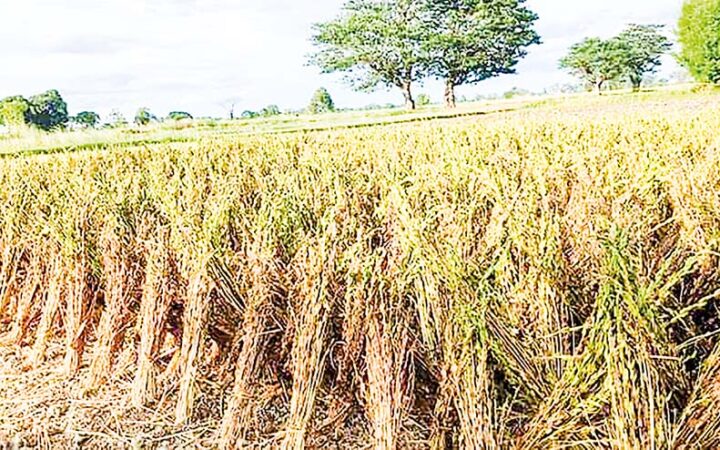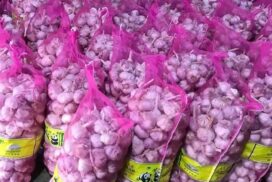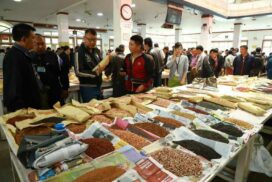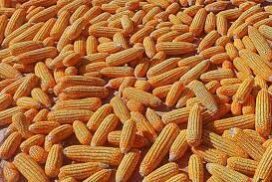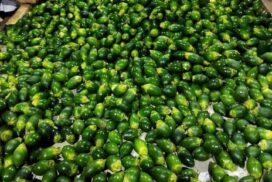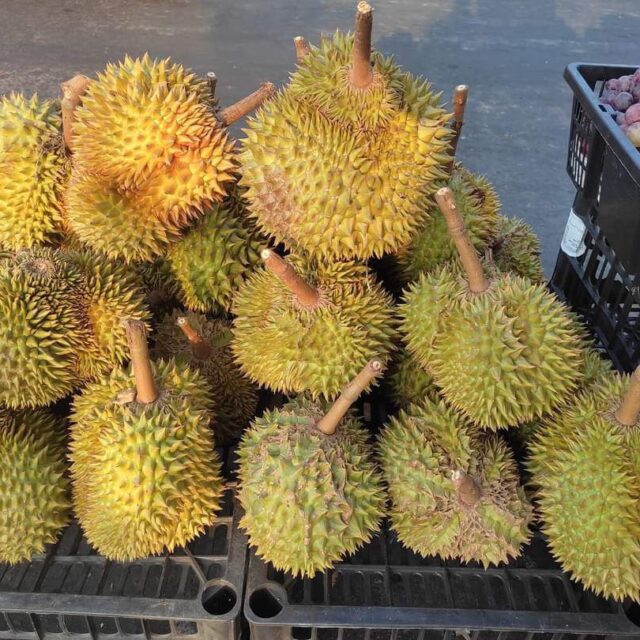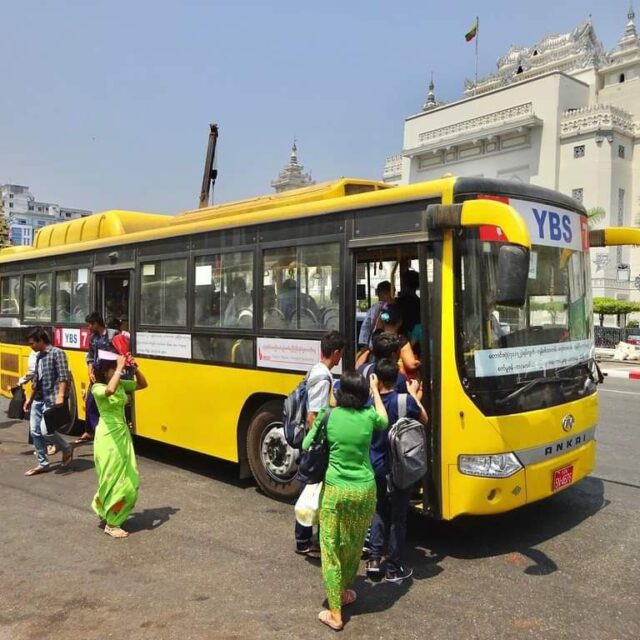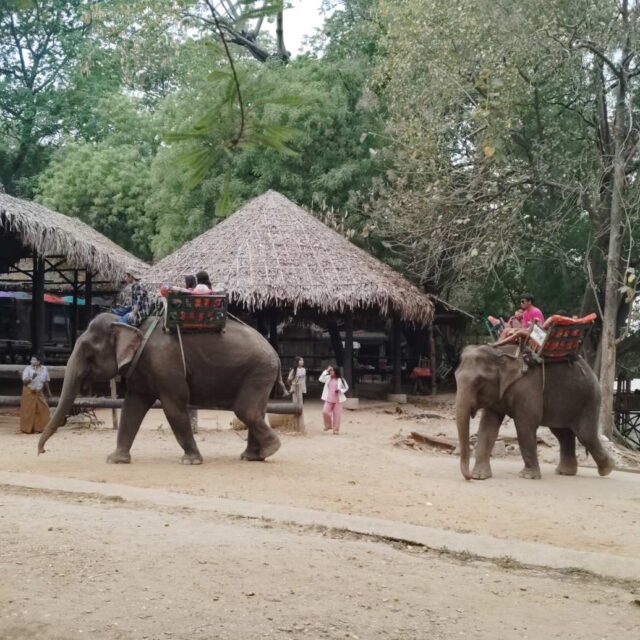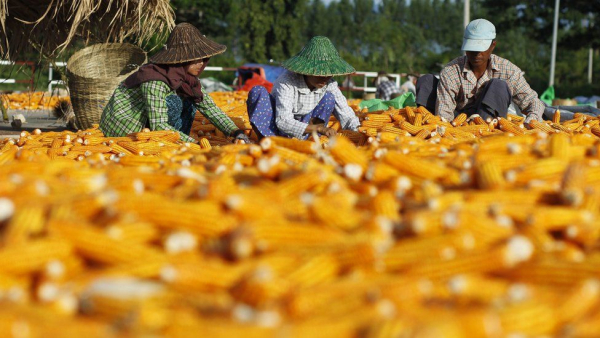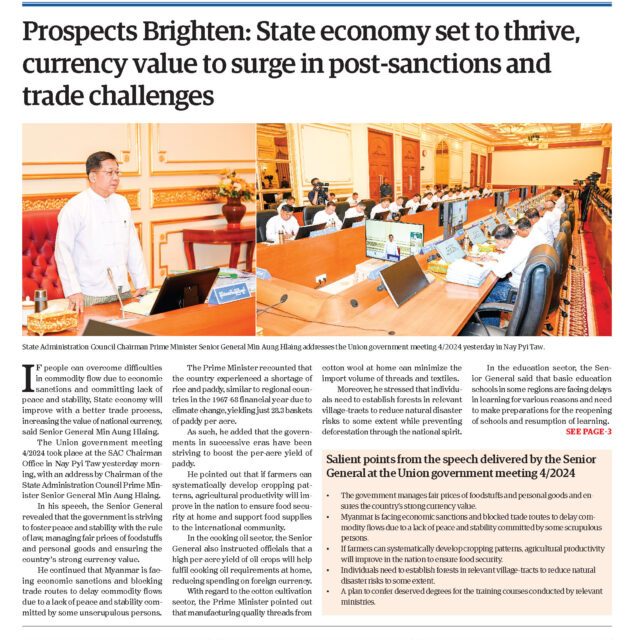Traders are buying only high-grade sesame. Lack of foreign demand drove the price down in Mandalay markets.
On 1 November, the prices of sesame hit the highest of K130,000 per 45-viss bag of Niger seed, K235,000 per bag of brown sesame, K265,000 per bag of white sesame and K295,000 per bag of black sesame (Samone variety). The prices plunged to K130,000 for Niger seed, K220,000 for brown sesame, K237,000 for white sesame and K245,000 for black sesame on 25 November. The figures indicated a decrease of K15,000 to 50,000 per bag over the past 20 days, while the price of Niger seed remains stable.
At present, the sesame from Magway, Sagaing, Shwebo and Wetlet areas entered the Mandalay market. The export came to a halt for now.
The directive released on 30 June said that transactions for the exports of agricultural products including corn, rice, beans and pulses are to be made in dollars instead of Yuan-Kyat/Baht-Kyat direct payment for border trade settlement.
Therefore, export earnings of the beans and pulses have to be exchanged for the US dollar according to the reference rate of the Central Bank of Myanmar (K2,100). At present, the exchange rate against the US dollar over-the-counter market is around K2,900. Nonetheless, there is a large gap between the regulated rate and the unauthorized rate of the US dollar. As a result of this, it brought impacts on agricultural products and exports dropped accordingly, traders said.
According to a meeting (66/2022) of the Foreign Exchange Supervisory Committee, export earnings of some items can be made in Chinese Yuan and Thai Baht in addition to the US dollar.
The CBM’s notice dated 18 November takes effect on those export items; various pulses (green gram, black gram, chickpea and pigeon pea), edible oil crops (peanut and sesame), corn, rubber, fishery products (fish, shrimp, crab and eel) and livestock products (live cattle, hides, frozen meat and dried meat).
The traders need to apply for a licence to make Yuan or Baht payments. As per the US dollar policy, 65 per cent of earnings must be exchanged for local currency at the CBM’s reference foreign exchange rate, while exporters can use 35 per cent of export earnings or transfer or sell them to authorized dealers (AD) or others with an over-the-counter rate within one month. This directive came into effect starting on 21 November, the CBM stated.
Traders remarked on the need for close observation of the exportation of edible oil crops (peanut and sesame) through the cross-border posts.
Last April, the world’s top palm oil exporter Indonesia, which is one of the main oil suppliers to Myanmar, declared an export ban on cooking oil export to reduce the domestic shortage. Consequently, Myanmar’s Trade Department under the Ministry of Commerce temporarily suspended exports of oil crops (peanut and sesame) from 9 May in order to have oil self-sufficiency
Exports of Myanmar’s edible oil crops resumed as the world’s top palm oil exporters returned to normalcy, according to a notification dated 5 July 2022 released by the Trade Department. — NN/GNLM
Sesame prices sink due to lack of foreign demand
- November 26, 2022
- 531
